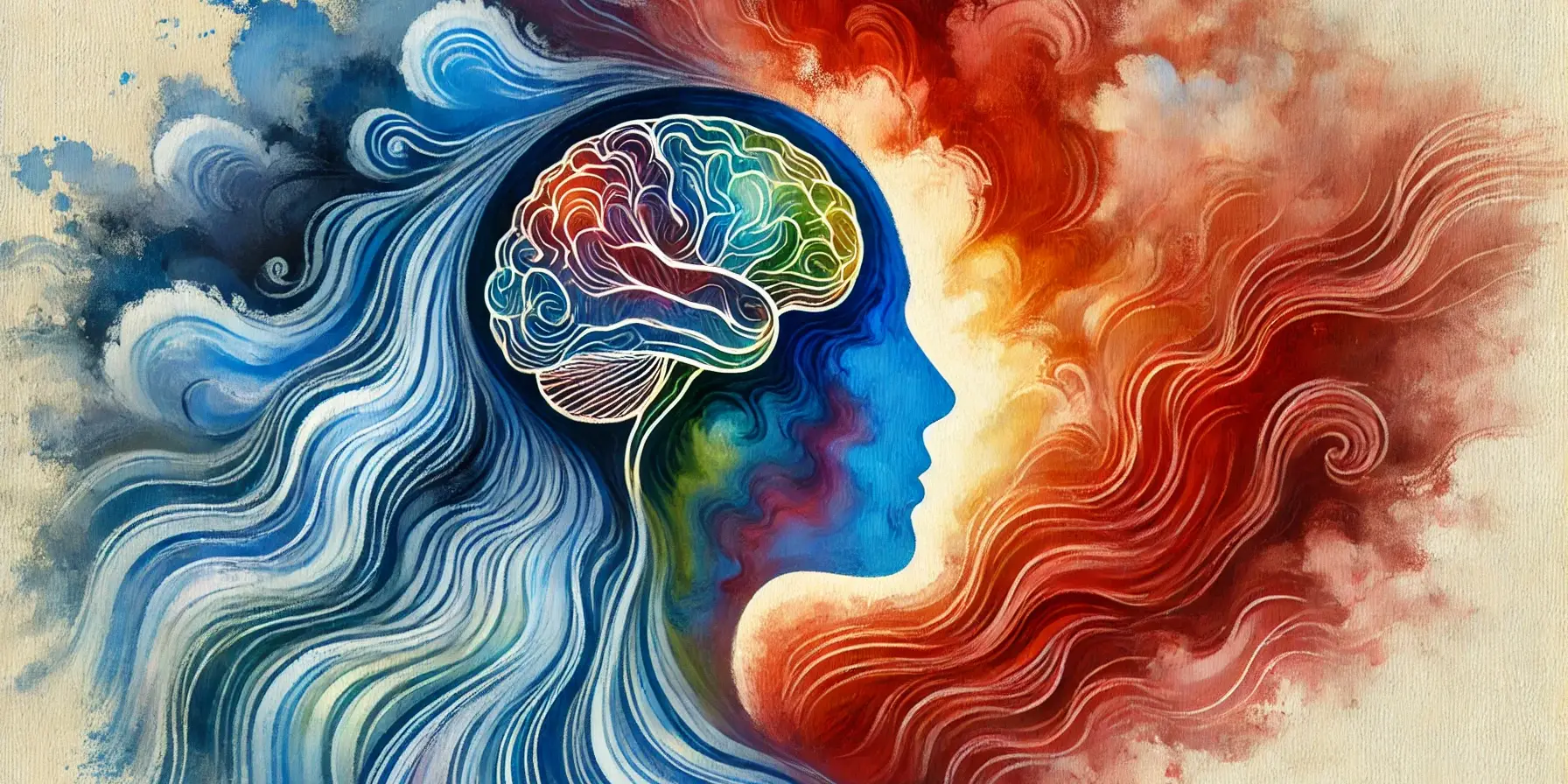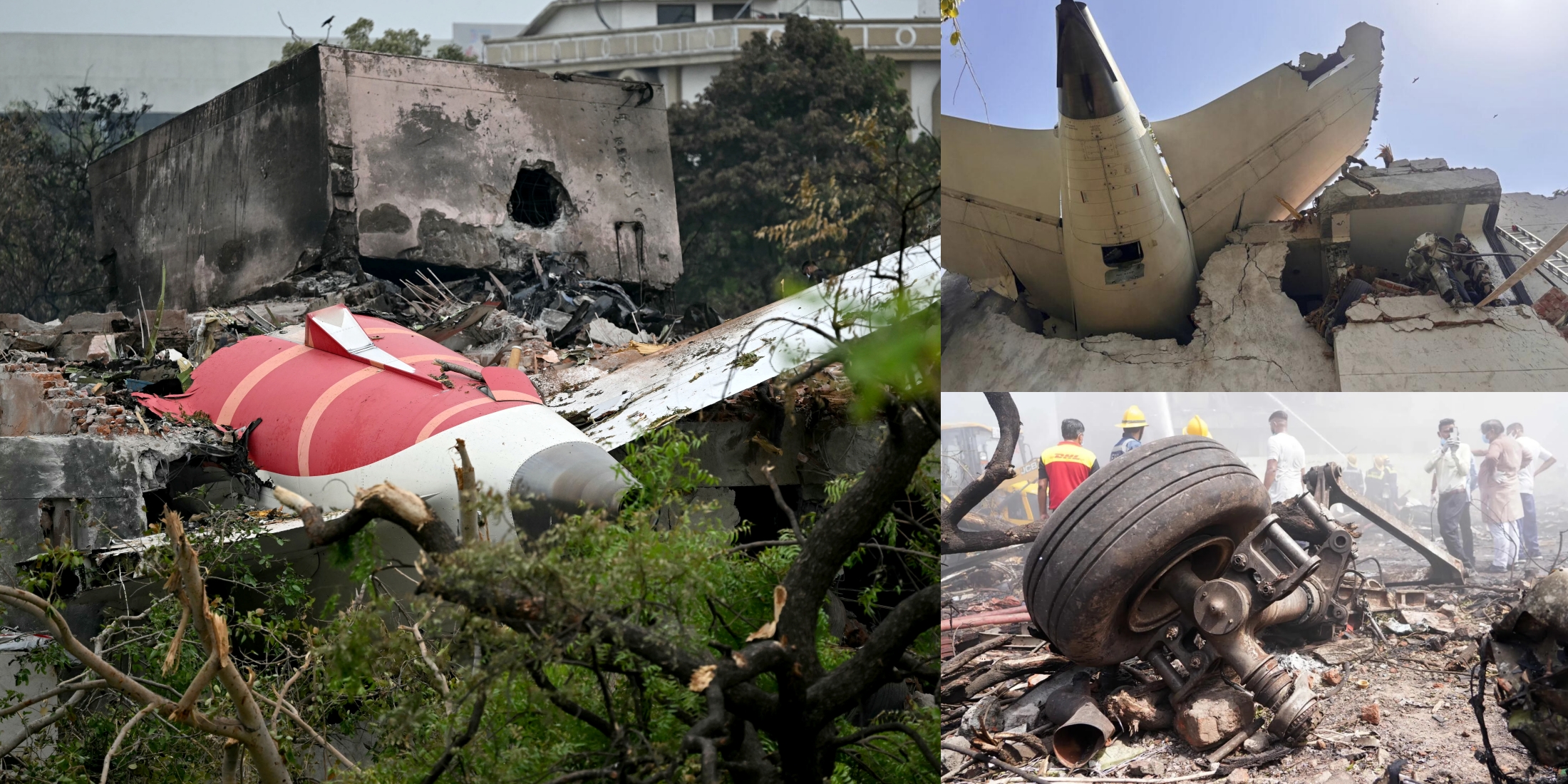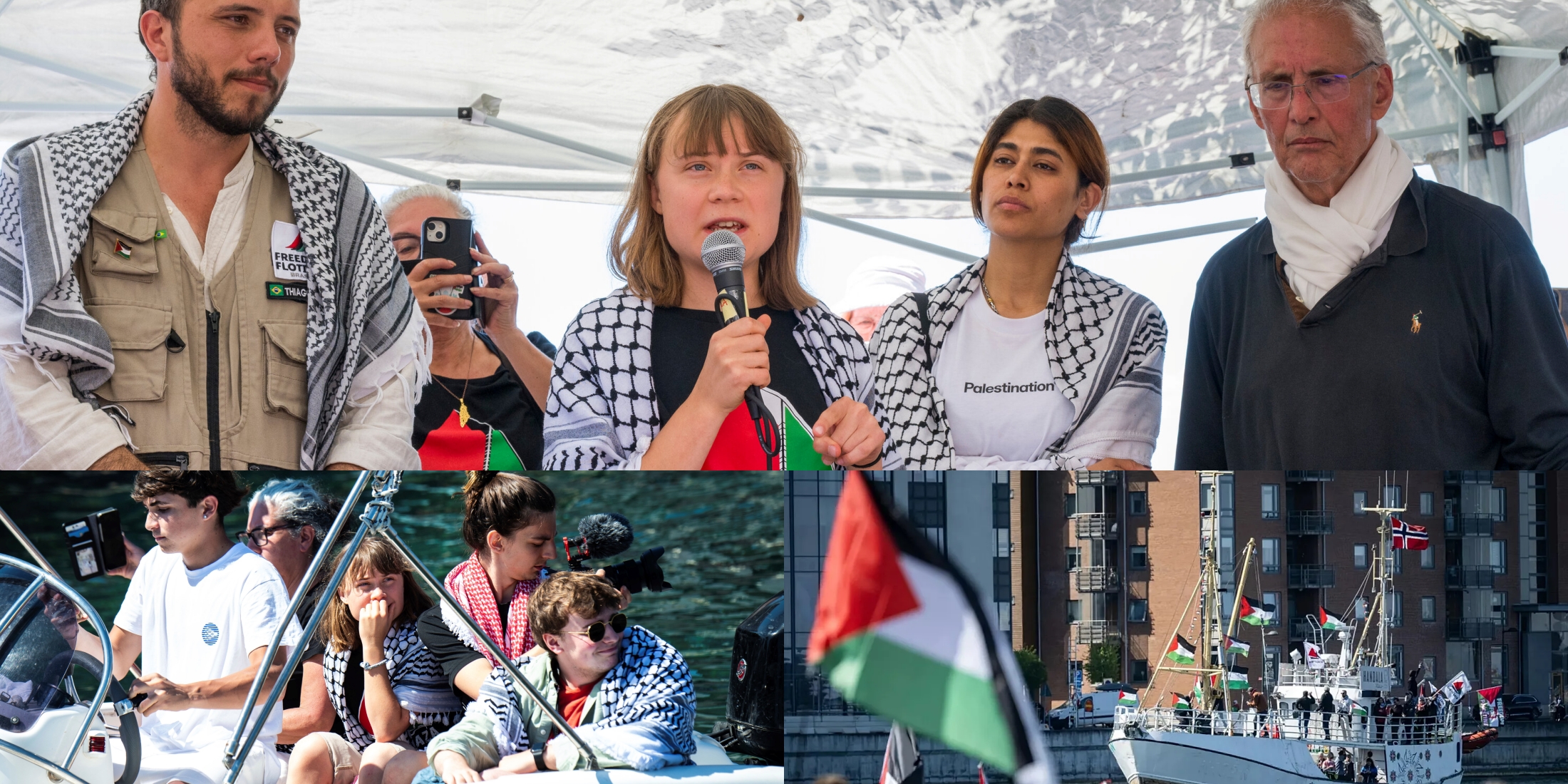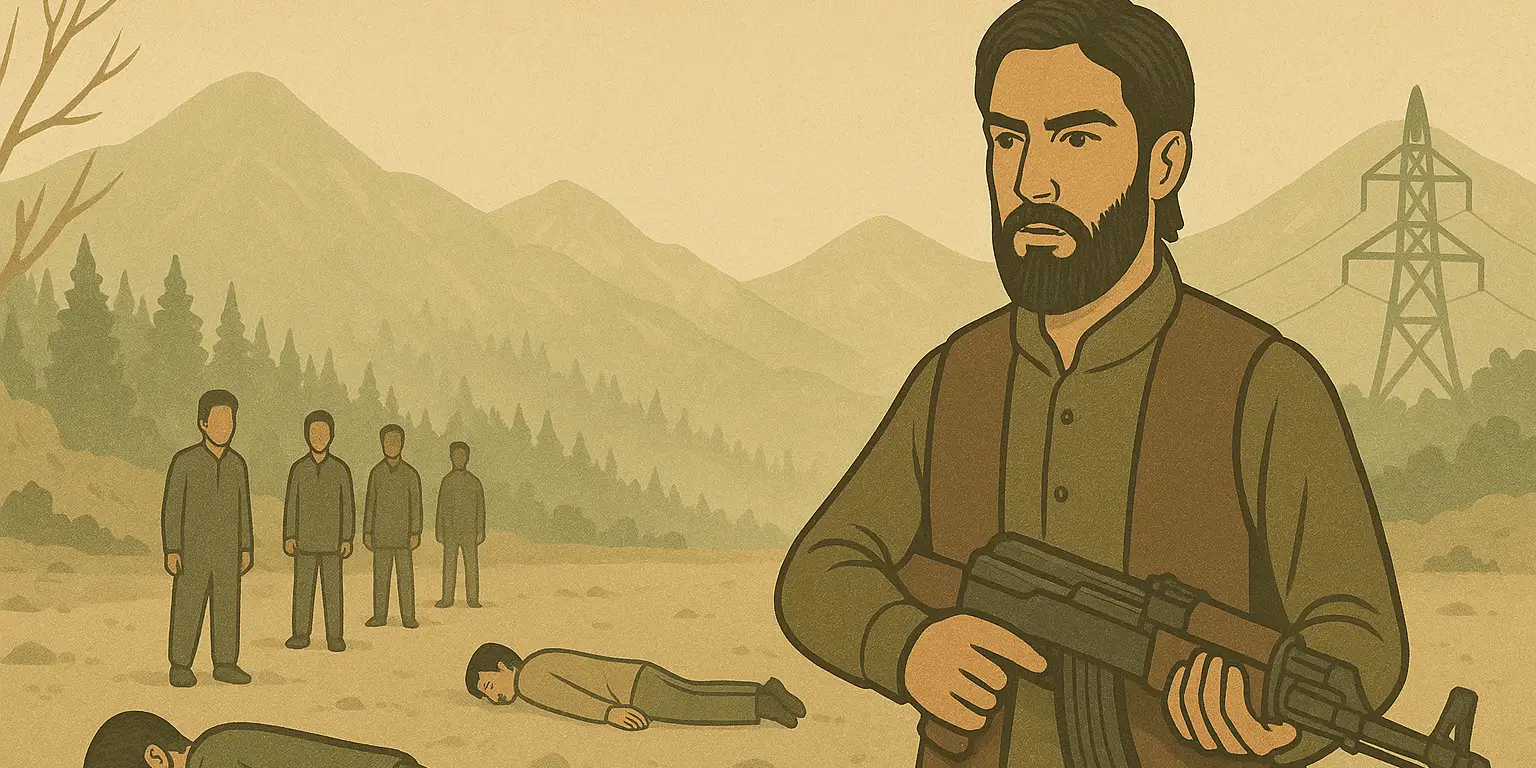A few days ago, I saw in a local newspaper in Bangladesh that two young boys drowned in front of their mother in Sylhet. Many outlets wrote that their mother failed to rescue them because she could not think straight. It was reported that she was suffering from severe mental illness. On the flip side, some were saying that her mother intentionally drowned her sons. Later, she also tried to poison herself.
Although we may never be 100% certain of what happened, the incident surely reminds us how dangerous mental illness can be if left untreated.
According to WHO, globally 280 million suffer from depression, and one-fourth of them are deprived of proper treatment. Here in Bangladesh, annually around 10 to 14 thousand people commit suicide according to BBS; the actual figure can be much higher. Aachol Foundation stated in one of their reports that, 310 students committed suicide in 2024 alone. That’s not just a stat or a number — those are young lives we lost. That’s our wake-up call to treat mental health seriously.
Among mental health problems, post-traumatic stress disorder (PTSD) is one of the most severe psychiatric conditions. It can gradually lead to suicidal tendencies. WHO estimated that 3.9% of people worldwide are affected with PTSD at some point in their lifespan. Personal stressful incidents like sexual harassment, bullying, the death of loved ones, or collective terrifying memories like the death wave of the July 2024 revolution can be the reasons for PTSD.
According to the Aachol Foundation, 30-40% of people suffer from mental health conditions after experiencing a traumatic event. For up to three days after any traumatic incident, the affected person can experience PTSD symptoms like flashbacks, nightmares, panic attacks, etc. However, if it continues for over a month, PTSD or uncontrolled emotional trauma can turn into severe mental health conditions.
Keeping the focus on overcoming mental health challenges, the Aachol Foundation arranged a seminar in collaboration with Jahangirnagar University (JU) on Wednesday, January 29, 2025. The seminar titled “Healing After Traumatic Experience” was a step towards connecting mentally depressed students with psychological experts. Mental health coach and corporate wellness trainer, Dr. Masbah Uddin, along with the psychologist Marin Sultana from BRAC IED, went over some practical recovery mechanisms. The objective of the seminar was to educate participants about post-traumatic stress management.
The Role of Practical Interactive Sessions in Recovering from Mental Health Problems
To make mental health our priority, breaking social taboos is necessary so that no one suffers in silence. If a mentally vulnerable person attempts to talk openly, we should listen. If they are struggling to get rid of past trauma, we should handle them with kindness. Interactive sessions or seminars can bridge the gap between mental health challenges and action.
Practical workshops provide an open space where one can share their feelings. Any physical or virtual platform can be that open space for a person in need. Examples may include community or university counseling clubs or NGOs like Aachol Foundation, Care Bangladesh, etc.
In the seminar hosted by the Aachol Foundation, psychologist Marin Sultana shared a positive story about how open spaces and communication can heal a person from a tragic memory. According to her, the July 2024 revolution left a deep-seated trauma in many people’s lives. Those who could not come out of the painful memories can find a place to heal themselves, through non-judgemental platforms. These platforms can be a positive step for students in practical learning of mental health. The story was,
20-year-old Saira (pseudonym for privacy reasons) was once a cheerful, fun-loving person, but now she has completely changed into a depressed soul. During the movement, one day her close friend Yamin (pseudonym) died in police gunfire. Since then, an inner guilt was suffocating her as she couldn’t be physically involved in the movement. The image of her friend’s death kept haunting her every night. A month later, she discussed her guilt with a psychologist from BRAC IED. The psychologist eased her mind saying that she couldn’t join physically but she was socially connected. This is also a kind of passive involvement. Through this discussion, Saira gradually regained her confidence.
We need to realize that mental health is the basis of everything we do, feel, and accomplish. Just as a physical wound needs bandages to heal, our mind requires emotional support. It’s the time to choose attention over stigma and recovery over hesitation.
Recovery Mechanism
Healing is the first step to recovering from depression, PTSD, or any kind of psychiatric condition. Healing is a multi-step process, starting with self-overcoming or initial recovery. However, if the first step doesn’t help, the affected person needs expert counseling to express their suppressed emotions.
The “Healing After Traumatic Experience” seminar focused on empowering mental health as an opportunity, not a weakness. There were two sessions: the first one stressed overcoming trauma from a personal level and the second focused on sharing personal experience and collective healing. The seminar concluded by introducing students to psychological apps and services.
Overcoming Trauma from a Personal Level
In the first session, Dr. Masbah Uddin taught participants about trauma management that can be done sitting at home, such as through yoga or other easy physical exercise. He discussed “Neural Resistance,” a psychological barrier that holds us back from healing past traumas. According to him, “We all have equal potential, but we are different in performance. Neural resistance (e.g., failure, fear of judgment, procrastination) holds us back from delivering at our full potential.”
To heal from past traumatic experiences, Dr Masbah Uddin proposes 5 key guidelines:
Accept Yourself Holistically
Healing starts from acceptance; by admitting our past, we can pave the way to a better future. According to him, “Regardless of whatever happens in your life, acceptance will create positive emotions and denial will create negative streams of thoughts.” Instead of blaming yourself for not being physically involved in the July movement, fighting for justice in the future might give you mental satisfaction.
Shift Your Focus from Problems to Prospects
Our mental health is driven by what we want to focus on. If we shift our mental state from problems to solutions, a subconsciously positive attitude will be cultivated. Dr. Masbah shared a story of a boy who turned his failure into opportunity by focusing on self-development.
This boy was feeling hopeless after unexpectedly losing his job. At first, he was depressed because of his misfortune, but later, instead of dwelling on it, he focused on new opportunities and learned new skills. Within a few months, he got a better job by shifting his focus to growth.
Redesign Your Thinking
We can not solve all our problems in the same pattern. Therefore, we need to redesign our thinking in such a way that will produce positive stems of thoughts. Our thoughts control our emotions, behavior, and life decisions. One must embrace themselves by saying: “I am strong, I am limitless. I am capable of achieving my dreams.”
Learn to Give Positive Meaning to Experiences
According to Dr. Masbah, “Mental health depends on what meaning one is giving to their external experiences.” If we frame these external experiences negatively it will disrupt our emotional growth. For example, Maisha and Rita (pseudonyms) were two close friends with varying academic performances. Maisha topped in the monthly exams while Rita scored poorly. The night before their final exams, Rita called Maisha multiple times, but Maisha didn’t pick up the call. Rita assumed that Maisha no longer cared about her and misjudged her as being selfish.
However, Rita later found out that Miasha had a medical emergency. This is how our negative thoughts overpower the reality of any situation.
Stop Comparing, Start Empowering
Parents in our country have a tendency to compare their children with others. Children are always under the pressure of achieving unexpected success in academics or careers. This makes a child suffer from loneliness, which, in turn, leads to depression or anxiety. Instead, we should compare ourselves with our past selves and create a better version in the future.
Dr. Masbah practically taught a powerful meditation technique for instant healing from past trauma. The techniques will disempower negativity into a positive mental state. The four-step mediation technique is:
- Physical Posture: He said that it is good to keep the spine straight for meditation so that one can breathe naturally. But there is no prescribed position, meditation can be started from any comfortable position.
- Deep-Breathing Exercise: Take a deep breath through your nose, and exhale from your mouth.
- Maintaining Positive Facial Expression: Visualize that you are reliving a good memory from your life.
- Self-Interaction: Conversation with inner-self: “Other people don’t control my emotions, I do.”
Sharing Experience and Collective Healing
This part of the seminar was basically a miniature form of a support group. It was an interactive session where participants openly discussed their personal experiences and mental health challenges. Many of them are still mentally traumatized by past events like the bitter experiences in the July 2024 Revolution. Psychologists from BRAC IED created an environment that comforted affected participants.
A key learning from the active healing session was the importance of sharing emotions with others instead of suppressing them. When a person’s trauma keeps bottling up inside, it gradually leads to serious psychological issues.
Mental healing initiates with small steps, such as practicing yoga, keeping busy with your favorite activities, or sharing with your friends. The culture of sharing is essential to lighten our burden. To bring positive change, a collective support system should be developed involving friends, family, university advisors, and psychological counselors.
When the TWH team asked why mental health is not prioritized as highly as physical health, an expert disappointedly said,
“Our society is overly concerned about physical illness, but talking about mental breakdown is still a stigmatized topic. When someone asks for sick leave for high fever, they are granted the leave, but if they are struggling with depression or PTSD, they are typically ignored and criticized. Common phrases they might face are “It’s just in your head” or “You are overthinking.” It’s become our responsibility to make people around us aware that mental health is a crucial determinant of overall well-being.”
The psychologist further introduced a program initiated to support mentally depressed individuals. Under BRAC IED’s “Healing Together for a Better Tomorrow” program, patients can get immediate psychological advice free of cost. Every Tuesday and Thursday, active listening sessions are held with expert psychologists. Psychologically traumatized or unstable individuals can get a non-judgmental place to express their emotional challenges. A participant suffering from PTSD after the July movement shared her positive experience from the virtual sharing forum:
I live in Azampur, Uttara, where Mir Mugdha died in police firing. Every time I pass that place, I get traumatized by the negative memories, I’m still stuck in July. One day, with no hope of healing, I joined the interactive session. To my surprise, it worked. The experts reminded me that this was our collective loss—we don’t have to carry the burden alone.
BRAC IED’s Professional Counseling
By the end of the seminar, BRAC IED offered participants to connect with trained mental health professionals. “Moner Jotno Mobile E” and “Neeramoy Digital Healthcare App” are the two free tele-counseling services available at the hotline number 09643262626. A group of 70 psychological experts deliver urgent support to distressed individuals from 12 PM to 2 AM. They can also pre-book one-on-one counseling sessions through this link: counselling.bied@bracu.ac.bd. So far, approximately 1,000 people have downloaded the “Neeramoy Patient” App. This accessible telemedicine tool is rated 4.3 stars with 25 positive reviews.
At the end of the seminar, the Pro-Vice Chancellor of JU, Professor Dr. M. Mahfuzur Rahman assured that there will be a mandatory psychologist for every department and residential hall. Our medical center will provide free 24/7 psychological services where students can express their inner obstacles safely.
Ultimately, these interactive seminars remind us that “Mental health is not a destination, but an ongoing journey — something one continuously has to work on, nurture and manage.” Just like physical injury, mental or emotional damage also requires proper attention and support. This support can begin with collective efforts of schools, universities, NGOs, social groups, etc. But the most important thing on the road to emotional recovery is self-acceptance. That’s what I learned from the seminar.
Self-Care is Not Selfish: Taking time for yourself — whether it’s through mindfulness, therapy, or hobbies — shouldn’t be a secondary option; it’s essential for maintaining your overall well-being.











One Response
This is such an important topic, and the author captured it beautifully. They broke down the stigma around it in a way that feels real and easy to understand. A much-needed conversation!